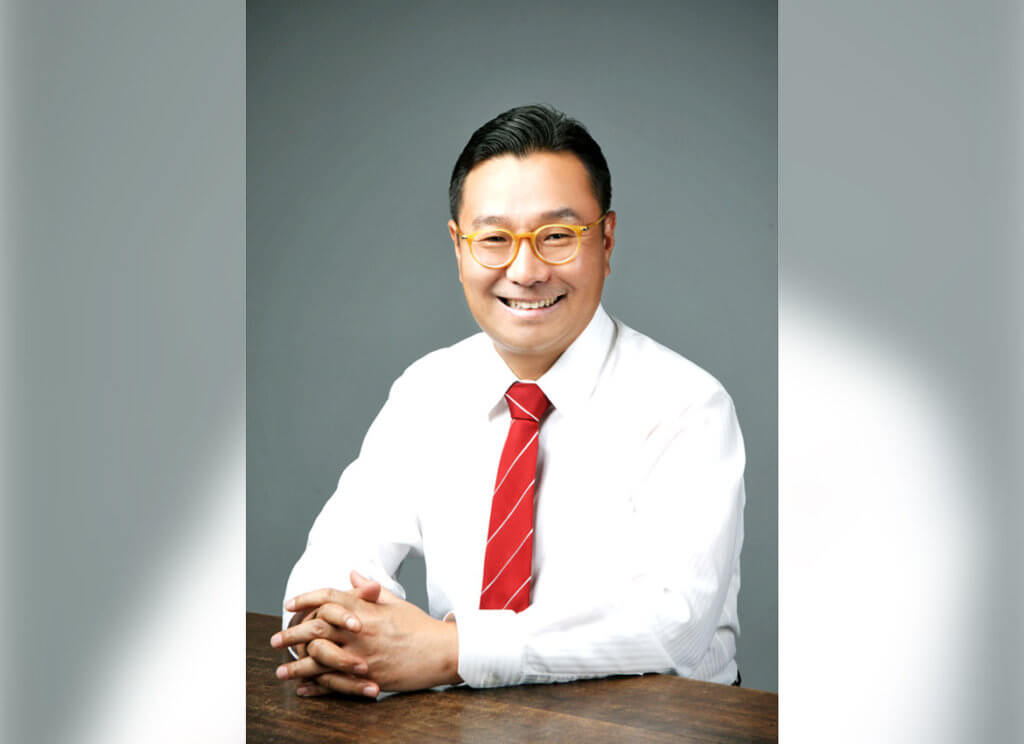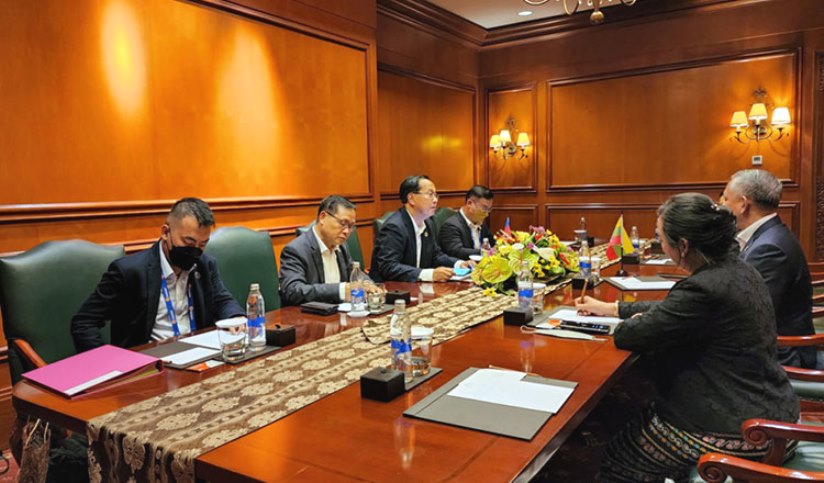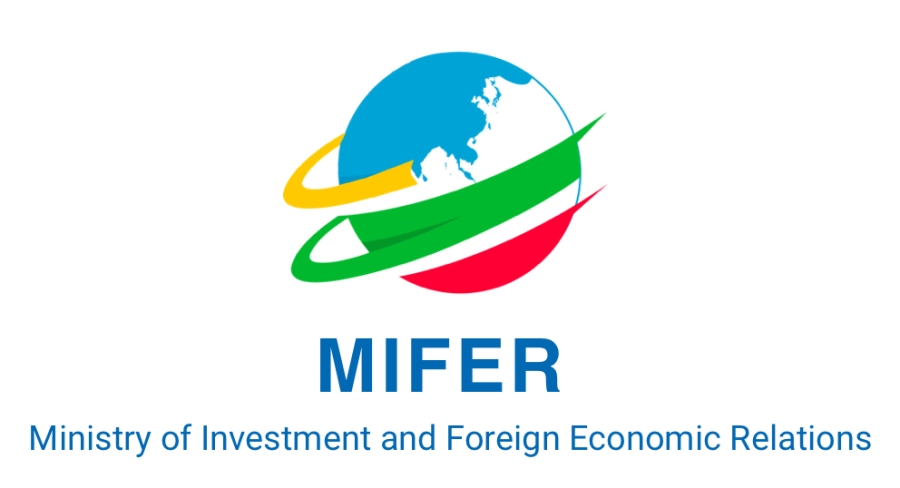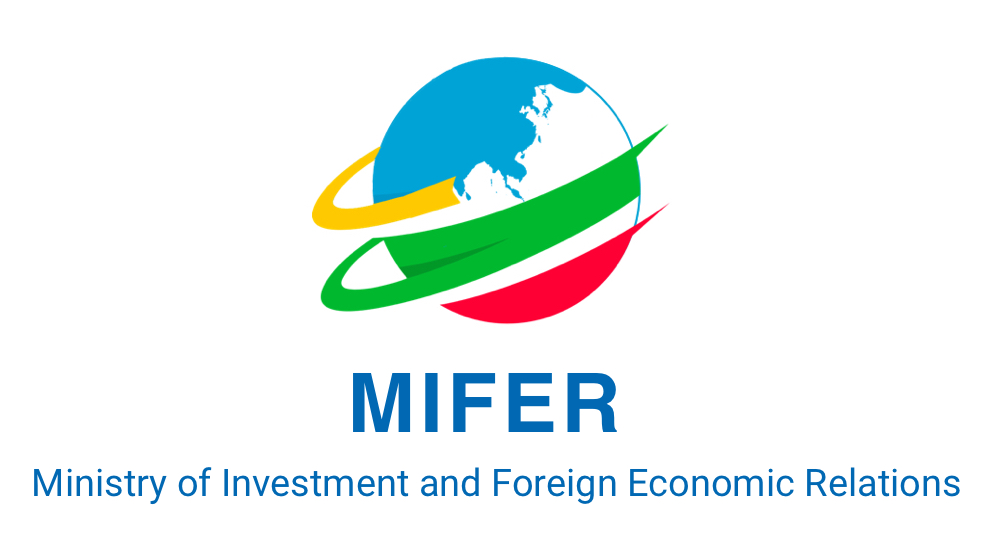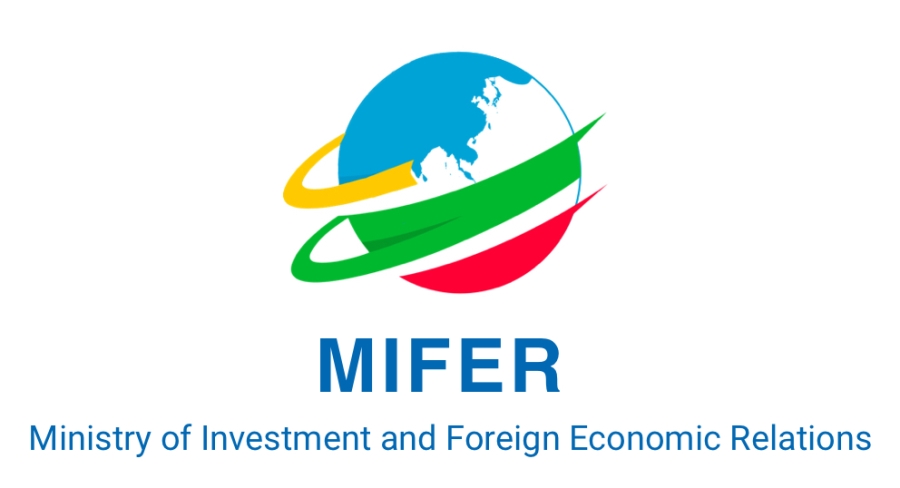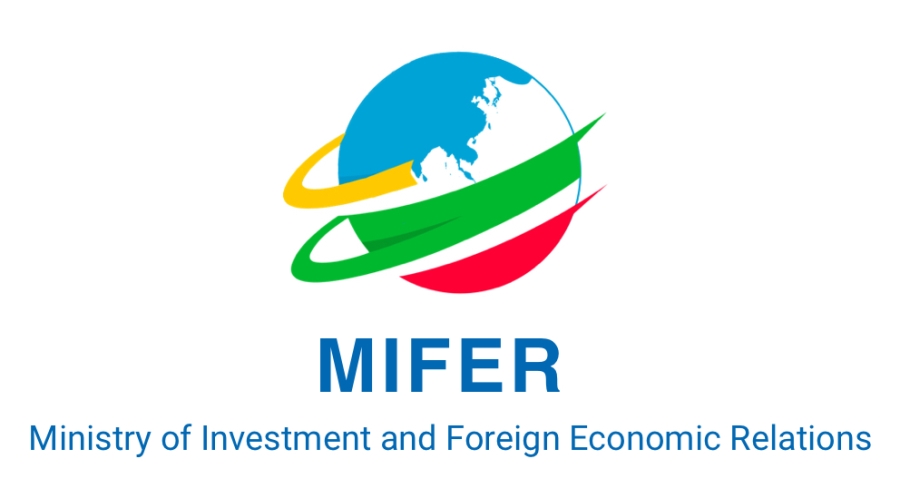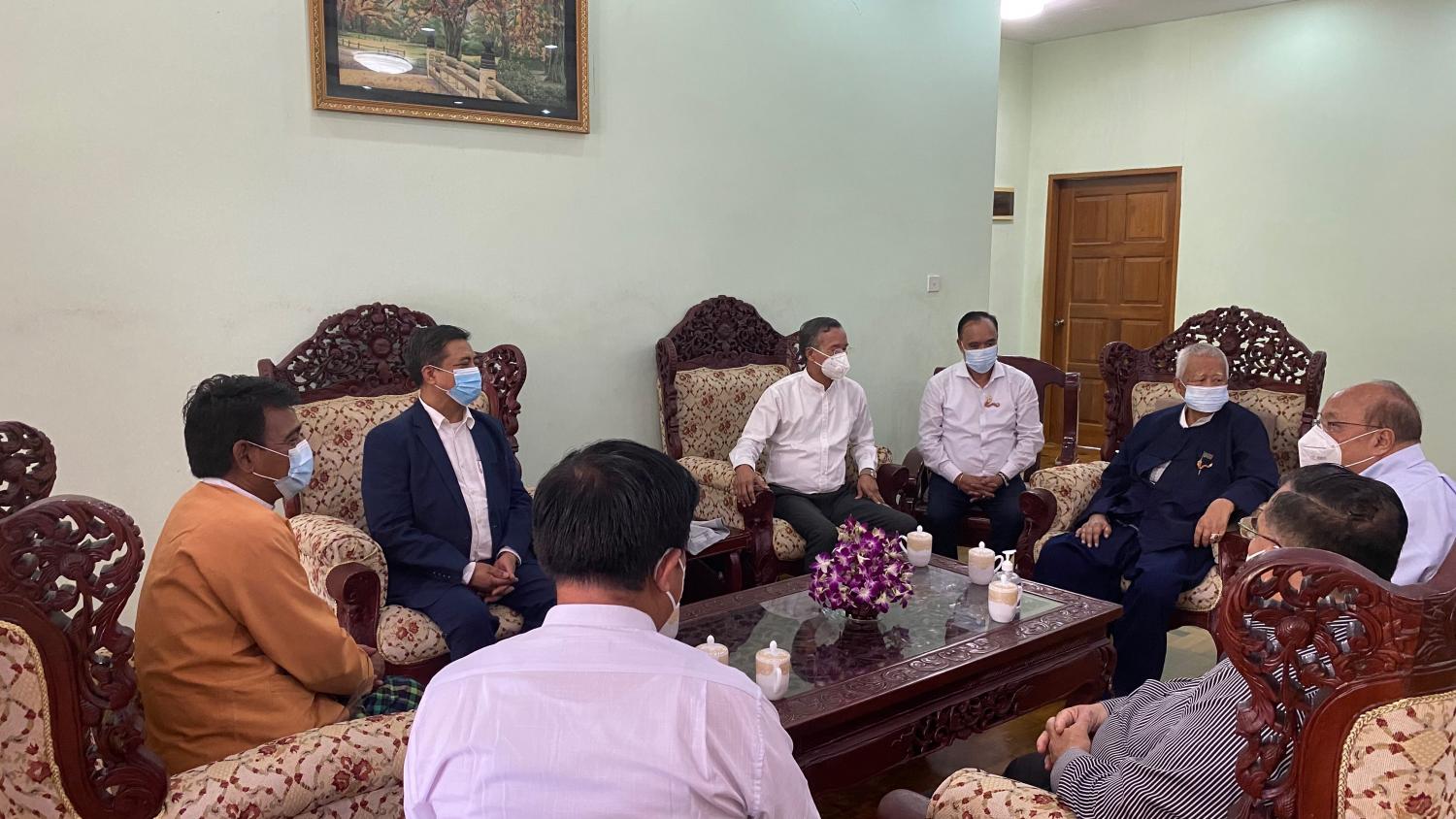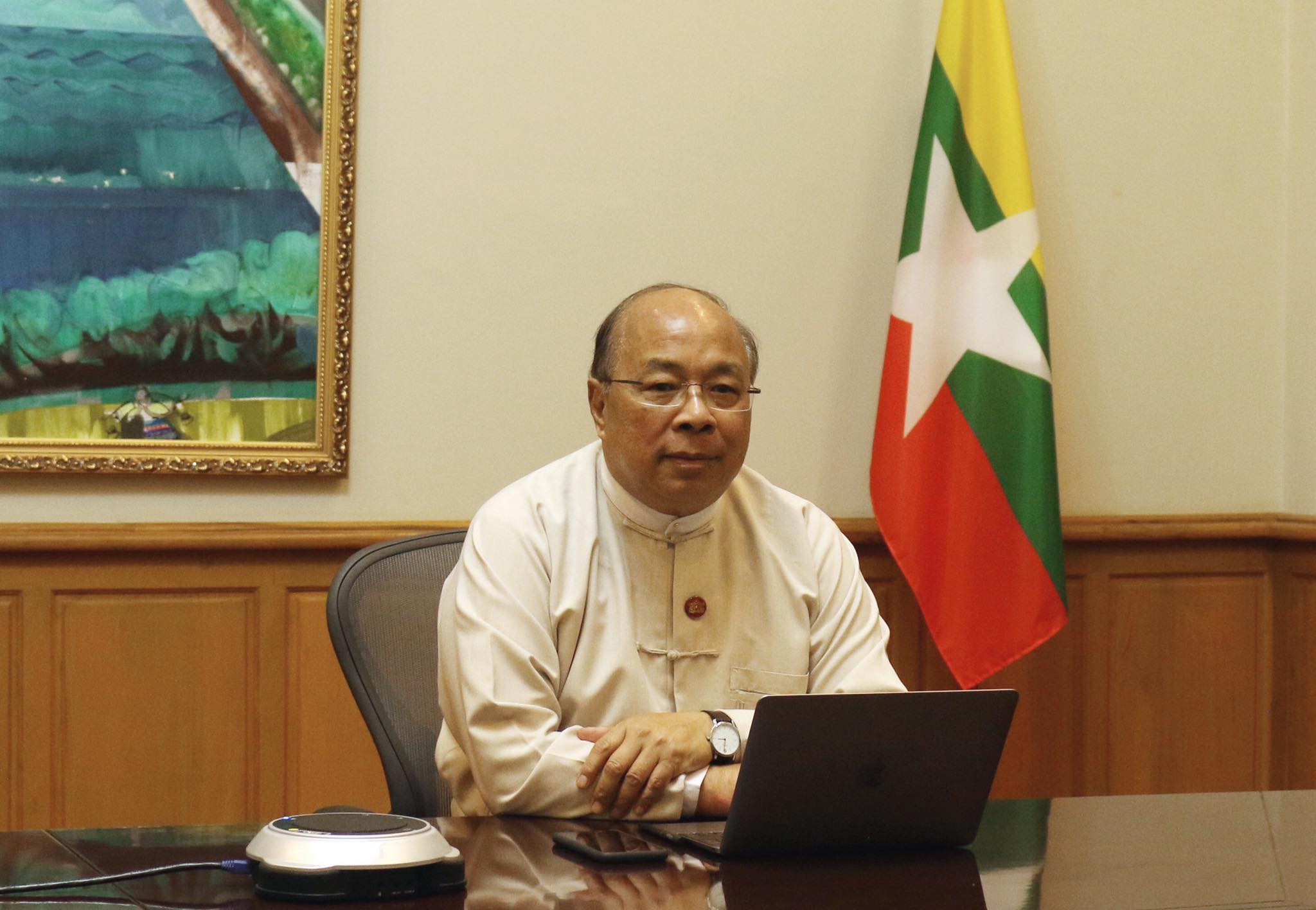In December 2018, the Myanmar Korean Chamber of Commerce and Industry (MKCCI) became the latest business group to formally open its doors in the country. Figures from the Directorate of Investment and Company Administration (DICA) at the end of November 2018 placed South Korea as the fifth-largest source of approved foreign investment in Myanmar, amounting to around US$254 million worth of foreign direct investments (FDI). Big players include CJ Feed, Lotte Group, Korea Land and Housing Corporation and GS Construction.
The Myanmar Times talked to Lee Keun Jae, secretary general of MKCCI and senior adviser at Yulchon Law Firm, on bilateral trade and investment and what Korean investors would like to see from Myanmar’s reforms.
“The Myanmar government is making great efforts to increase FDI and I would like to highly evaluate [commend] its efforts,” Mr Lee said, citing the new Investment Law and Companies Law, implementation of the Condominium Law, and the introduction of DICA’s online company registration system.
He expects more Korean investments in infrastructure development as well as manufacturing. Korean construction firms are active in bidding for projects, such as the Yangon City Expressway.
Meanwhile, investments in labour-intensive industries such as sewing factories are set to continue.
“Due to rising labour costs in China, Korean factories in China are moving to Southeast Asian countries,” he said. Myanmar should allow foreign investors to start their business at a lower cost so manufacturers will move here rather than other ASEAN economies.
There is, however, one caveat. If the withdrawal of Myanmar’s tariff-free access to the EU market goes ahead, Korean sewing factories will be forced to relocate and many jobs will be lost.
“The percentage of EU GSP [Generalised Scheme of Preferences] tariff’s benefits is around 12-13 percent, which is almost same percentage of the factories’ margins, so if the EU’s order is cut off, the factory may have to be moved to other countries and massive layoffs can occur.”
“Despite the fact that Korean investors want to invest in Myanmar, there are many cases where investments are withdrawn due to lack of infrastructure such as electricity, ports, roads and legal infrastructure,” he said. Myanmar’s production efficiency is lower than Vietnam or Indonesia’s, deterring factories from relocating to the country. It is therefore necessary to provide vocational training for workers, reduce logistics costs, and expand urban infrastructure.
The most notable example is Samsung Electronics. About 10 years ago, the Korean multinational “seriously considered” building a mobile phone factory near Yangon, but ultimately chose Vietnam due to Myanmar’s poor power infrastructure and road conditions, according to Korean media and sources. About two years ago, the firm reviewed the possibility but decided to postpone. Samsung did not reply to requests for comment last year, and the firm's official position is that they remain interested in Myanmar and has not reached a decision on whether to build a manufacturing unit.
Dating back to the 1990s, Samsung’s total investment in Vietnam amounts to $17.3 billion.
The Myanmar government has to eliminate all discrimination policies against foreign companies. Otherwise, foreign investors turn to other countries. - Lee Keun Jae, secretary general of MKCCI
Discriminatory policies
Apart from the lack of infrastructure, the business leader said protectionism in Myanmar’s business environment deters investors, using the financial industry as an example.
“The Myanmar government has to eliminate all discrimination policies against foreign companies. Otherwise, foreign investors turn to other countries,” Mr Lee said.
In 2018, approved FDI fell short of the official estimates by around 50pc. For Mr Lee, more FDI inflow will take place “when foreign investors have something to buy in Myanmar”, such as easing the way for foreigners to buy properties.
Meanwhile, foreign banks are not yet able expand their branch networks in Myanmar and are only allowed to lend to foreign enterprises in foreign currencies, despite the latest reform announced by the Central Bank of Myanmar. The practicalities and policy details of the new measure is not yet clear.
On top of that, Nay Pyi Taw continues to restrict foreign banks from accepting immovable property such as land and buildings as collateral, or offering retail banking services. With these constraints for foreign banks, prospects for profit continue to be dim, naturally hindering further foreign investments.
The regulatory body also prohibits foreign ownership of non-banking financial institutions (NBFIs) and hence non-Myanmar investors have no chance to invest in NBFIs at the moment.
“Discrimination against foreign companies is also partly in the fields of agriculture and food processing,” said Mr Lee. Non-Myanmar companies are confined to “value-added manufacturing and domestic distribution of cereal products such as biscuits, wafers, all kinds of noodles only by joint ventures with local companies.”
In view of the falling FDI amount, the Korean business leader argued the government needs “to improve the legal environment and to eliminate discrimination” that directly suffocates FDI. Despite the 35pc threshold stipulated by the Companies Law, the lack of legal protection for minority shareholders means such a restriction is a “fundamental structure of foreign discrimination”.
That said, the progress under the new government is clear, according to Mr Lee. “Of course, the Myanmar government has done a lot for Myanmar’s economic development and we [Korean investors] appreciate that,” he said.
The article has been updated to include Samsung's official position in relation to investment plans in Myanmar.
It noted that “the longer-term outlook for gas is relatively more optimistic, due to ongoing negotiations for the development of the MPRL-A6 and AD-1 blocks, in line with shifting regional investment trend towards natural gas , and to ease the g rowing export burden to China and Thailand.”
Source From Myanmar Times

